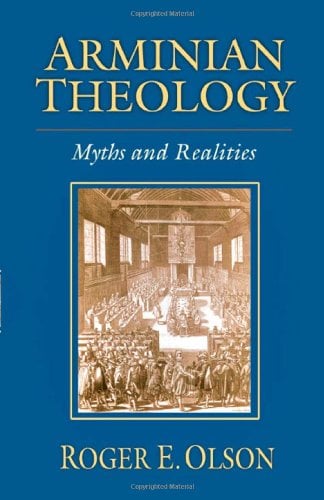BEN: When the Gospel of Matthew presents us with Jesus saying that he is submitting to baptism to ‘fulfill all righteousness’ he is of course talking about the righteousness that comes from obedience to the Mosaic Law. He is not talking about his righteousness acting as a substitute for his later disciples righteousness in the new covenant. Indeed, he is talking about the fulfilling of the Mosaic Law because Israel didn’t. In other words, this has little or nothing to do with what Paul is talking about in Romans. Christ’s obedience, even unto death on the cross pays the price for all sins, including the failures of Israel to fulfill the Mosaic Law. To suggest that Christ’s obedient life or his obedience to the Mosaic Law is somehow a substitute for the obedience of Christ’s followers is simply not to be found in the NT. It’s an idea even the Puritans found problematic, and rightly so. 2 Cor. 5.21 says that we ‘become the righteousness of God in or through him’. This cannot merely be about having right standing with God (see my Corinthians commentary).
ROGER: But it can include having a right standing with God. I am not settled in my own mind about the “justification controversy.” I find good reasons for both the classical Lutheran-Protestant view and N. T. Wright’s thesis. In the end, I don’t think it matters very much. What we need is forgiveness and reconciliation with God. That we have through Christ by faith in him.
BEN: Roger I think you do an excellent job of demonstrating that Arminians don’t simply subscribe to a governmental theory of the atonement. Indeed, many Arminian theologians including Arminius and Wesley strongly emphasized the penal substitutionary theory, as do various modern Methodist theologians (including myself). I wonder if you would like to address one of the major objections to Arminians embracing the penal substitutionary theory, and at the same time arguing that the atoning death of Jesus covers the sins of all the world. According to Calvinist objectors, this leads to the logical conclusion of universal salvation. I must say I find that odd. Christ’s death is sufficient for all, but only efficient for those who accept the benefits of it through faith. I like to use the example of a large deposit in the bank. Suppose I deposited a million dollars in a bank account for you. It’s there, it is accruing interest, and so on. But suppose I never told you which bank it was in, and you never drew on the account. Would you get any benefit from it? Absolutely not, even though it was meant for you. The fact that the depositor knows it is there is of no help unless the beneficiary also knows it and draws on the account. At the end of the day salvation involve the restoration of a personal love relationship, and as such it involves two parties participating, not on anything like equal terms, but nonetheless two parties participating freely. Why do you think it is that so many Calvinists just haven’t spent the time to figure out what real Arminian theologians have said about things like penal substitutionary atonement? Why is it that everyone knows about Calvin and Barth etc. but most Calvinists I know have never heard of, much less read Watson’s Institutes, or even Oden? I find this very puzzling, and frustrating.
ROGER: I also find that puzzling and frustrating. Even now, long after the publication of Arminian Theology: Myths and Realities many Reformed critics of Arminianism continue to promote the myths I dispelled there. I agree that the argument that universal atonement requires universal salvation is fallacious. Your illustration shows that. However, I don’t personally find anything objectionable in the governmental theory rightly understood. It’s also an objective and even substitutionary theory of the atonement. It’s usually misrepresented by critics (e.g., as “merely educational”).
Thanks for a good dialogue on important matters,
Grace and peace,
ROGER: And also to you!
















